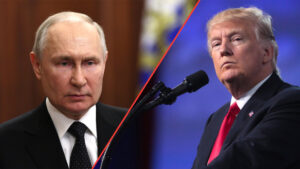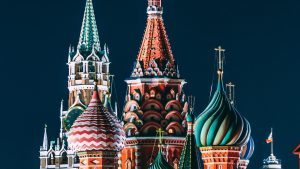Russian-led forces entered Kazakhstan today, under the guise of a Collective Security Treaty Organization (CSTO) peacekeeping mission. The former Soviet state and significant oil producer has seen several days of sustained public protests turned violent after raising the price of liquefied petroleum gas (LPG) cannisters, a key local transportation fuel. Although the government reversed its decision to halt fuel subsidies, the move triggered widening protests outside the initial cluster in the resource-rich Mangystau region eventually reaching the largest city, Almaty. Several cabinet officials resigned as protests grew in scope and intensity; many Kazakhs are frustrated by the economic challenges of the ongoing COVID-19 pandemic, entrenched social inequality, and endemic corruption of the Kazakh state. After protestors stormed the Almaty airport January 5 and set fire to city administration building, Kazakh president Kassym-Jomart Tokayev allowed CSTO forces into the country to help quell unrest. Details are increasingly difficult to come by amidst an internet and media blackout, but security forces have already claimed to have killed dozens of protestors.
The challenges facing Tokayev are legion, and easily discerned. What is a little less obvious are the opportunities now present for Moscow. Instability in former Soviet areas is always a delicate balancing act for Russia; protestor grievances in Kazakhstan likely mirror many of those not only in Russia, but throughout states on its periphery. Unrest is typically met with cracked skulls. But Kazakhstan’s oil and gas wealth has afforded it more economic independence from Moscow than many of the other Central Asian states. Having Kazakhstan on the ropes and in need of aid–including an open invitation for Russian soldiers that are unlikely to leave after protestors go home–is right where Russia likes its neighbors to be.
If you enjoy our free newsletters, the team at Zeihan on Geopolitics asks you to consider donating to Feeding America.
The economic lockdowns in the wake of COVID-19 left many without jobs and additional tens of millions of people, including children, without reliable food. Feeding America works with food manufacturers and suppliers to provide meals for those in need and provides direct support to America’s food banks.
Food pantries are facing declining donations from grocery stores with stretched supply chains. At the same time, they are doing what they can to quickly scale their operations to meet demand. But they need donations – they need cash – to do so now.
Feeding America is a great way to help in difficult times.
The team at Zeihan on Geopolitics thanks you and hopes you continue to enjoy our work.








